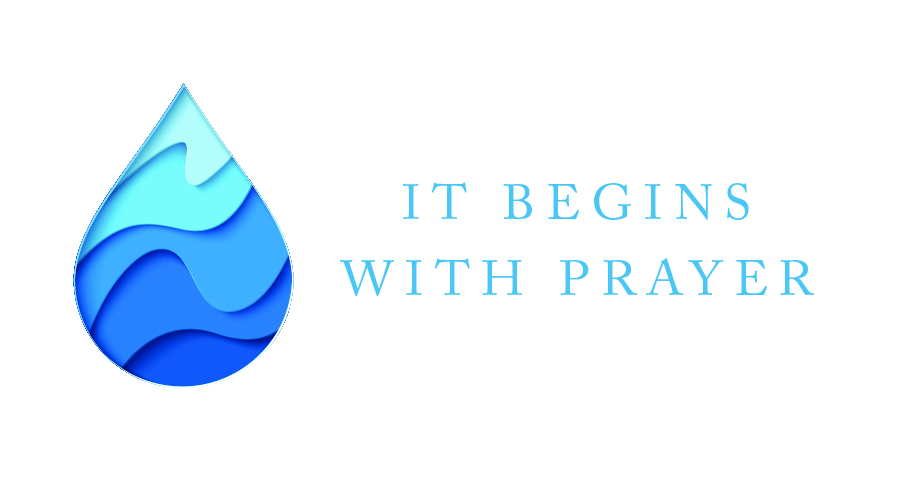
For church to really have a vibrant, healthy groups ministry they must first establish and understand the elements of successful groups. At the top of my list is an emphasis on prayer. The prayer emphasis for a Sunday School class or small group must be …
… praying for each other,
… praying for those not in the group and
… praying during the group time.
I’m amazed at the number of classes and groups that don’t spend serious time in prayer when they gather. Sure they pray but it’s more like a general “God bless everything and fix everybody” prayer. Maybe instead of taking prayer requests for 10 minutes and praying for 10 seconds we could reverse that.
Our classes and groups need to praying for those not in our group. We need to be praying for lost family members and friends! We need to be concerned about people’s spiritual condition more so than their physical condition.
And yes, we must be praying for each other! Dwayne asks four questions to consider in strengthening our ministry of prayer in our groups. First, “How do we efficiently gather accurate prayer requests?” I hope that every time your class or group gathers, you provide an opportunity for the sharing of prayer needs. Make sure that the requests are written down. Second, “To whom should we communicate these requests?” Not everything needs to be known by everyone. There are some requests that do not need to put on the bulletin board or sent out in an email. Third, “How do we communicate the requests?” My group sends out an email with the prayer requests before we even leave the group time. During the week we get another email updating the prayer list. Finally, “How can we encourage those making a specific request?” There’s been times when I’ve just stopped right when the request is made and prayed. I’ve even had the group to gather around the person and pray for them. People are so very encouraged when they hear their name being called out in prayer.
These four questions will be highlighted in future blogs. The one thing I would ask every class and group to is to pray for everyone in their group at least every week. To verbally call out their name and their need(s) to the Lord. You’ll be amazed what will happening to your group when they start praying for each other.
Dr. Smith serves as the regional discipleship consultant for the Georgia Baptist Mission Board. He is a Sunday School, Small Groups, Discipleship and Faith Development specialist. Dr. Smith can be contacted at tsmith@gabaptist.org.



